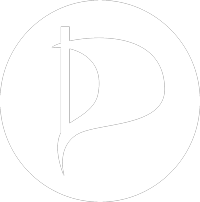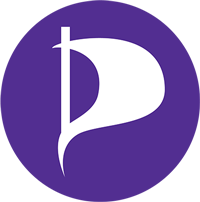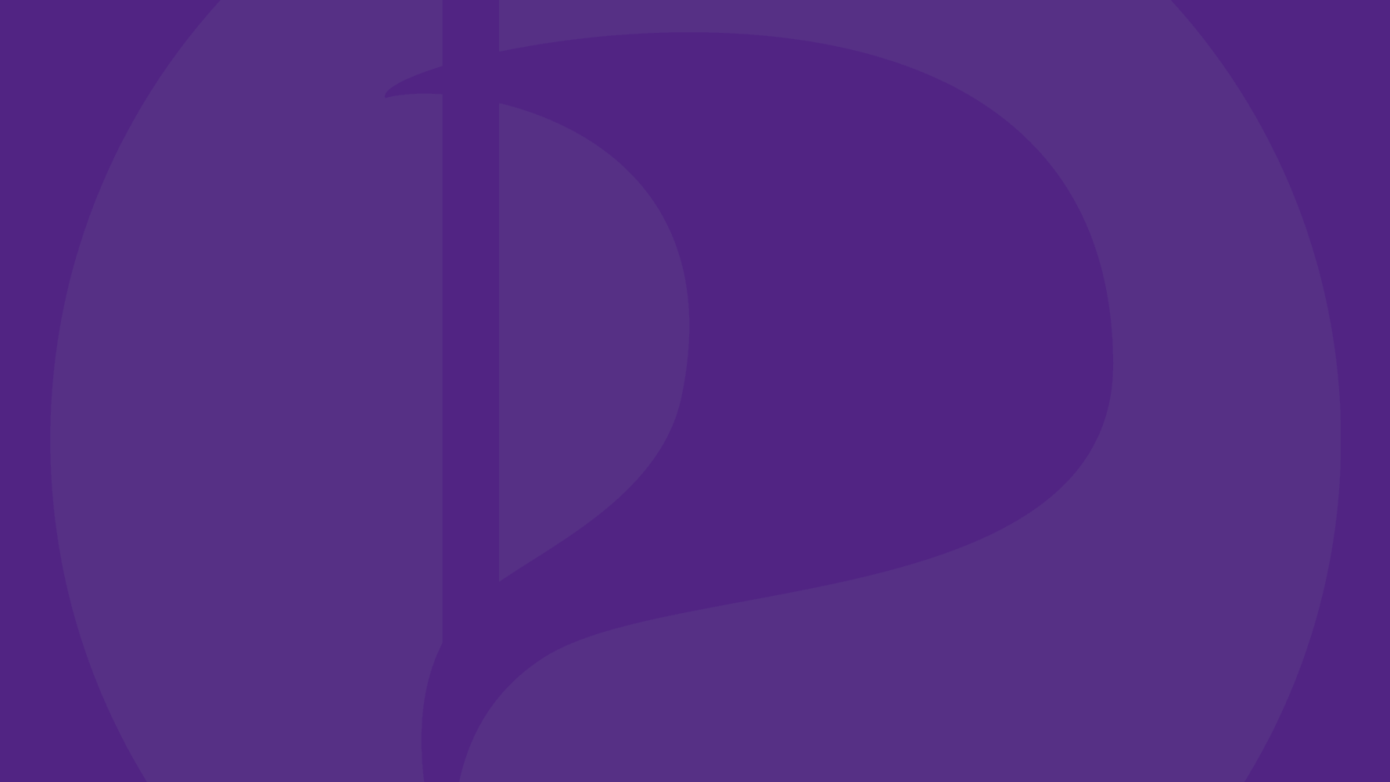GRUR är en tysk förening vars syfte är att diskutera och stärka skyddet av immaterialrätt – patent, upphovsrätt och varumärkesrätt. De har en akademisk, peer-reviewed, tidskrift i vilken artikeln ”Platform Liability Under Art. 17 of the Copyright in the Digital Single Market Directive, Automated Filtering and Fundamental Rights: An Impossible Match” publicerades i mars 2021. Artikeln diskuterar de motstridiga kraven i upphovsrättsdirektivets artikel 17 (tidigare 13) att plattformar både ska filtrera upphovsrättsintrång och respektera användarnas rättigheter. I ett antal välformulerade stycken fångar man några av de fundamentala problemen med den kontroversiella lagstiftningen. Skribenterna är professorer i juridik, med inriktning mot immaterialrätt.
The analysis demonstrates that the balance between the different fundamental rights in the normative framework of Art. 17 CDSM Directive is a very difficult one to strike and that overly strict and broad enforcement mechanisms will most likely constitute an unjustified and disproportionate infringement of the fundamental rights of platform operators as well as of users of such platforms. Moreover, Art. 17 is the result of hard-fought compromises during the elaboration of the Directive, which led to the adoption of a long provision with complicated wording and full of internal contradictions. As a consequence, it does not determine with sufficient precision the balance between the multiple fundamental rights affected, nor does it provide for effective harmonization. […] In fact, if certain features of the article are considered incompatible with the constitutional framework of the EU, this should lead to the erasing of certain paragraphs and, possibly, even of the entire provision from the text of the CDSM directive.
Artikel 17 ska implementeras i svensk lagstiftning senast i sommar, men av allt att döma kommer Sveriges regering att vänta med att föreslå implementation tills mer riktlinjer framkommit från andra EU-länder och EU-kommissionen.
(alla citat kommer från artikeln i fråga)
Man kan inte undkomma uppladdningsfilter
>
Under förhandlingarna om artikel 17 (dåvarande 13) påstod många förespråkare att lagen inte alls skulle kräva uppladdningsfilter. De kunde aldrig riktigt förklara hur plattformar skulle förhindra upphovsrättsintrång från att begås, utan filter. Efter att lagen klubbades erkände vissa förespråkare detta. I artikeln understryker författarna att artikel 17 utan tvivel kräver filter.
The question whether Art. 17(4) requires OCSSPs to filter, however, does not arise. Under the technological framework described in this article, the fulfilment of the obligation to ensure the unavailability of content or prevent the upload of works which have been notified can only be achieved by installing filters that identify infringing content before it becomes available (again).
Överdriven tilltro till magisk teknik
>
De som förespråkade artikel 17 uppvisade en otrolig övertro till att tekniken skulle kunna lösa deras problem om man bara ville det tillräckligt mycket. AI är ju så bra på så mycket, varför skulle den inte kunna automatiskt avgöra ifall en kommentar på Facebook går under ett citatundantag eller parodiundantag? Lobbyister från Google med flera spädde på förhoppningarna. För många var det uppenbart att även ett otroligt kraftfullt filter som korrekt klassificerar uppladdningar som upphovsrättsintrång eller inte med över 99% korrekthet i praktiken kommer stoppa fler lagliga än olagliga uppladdningar.
Article 17 creates a complicated construct of rights and obligations that seems to be based on the assumption that a balance can be maintained and adjusted by technological means. ‘The answer to the machine is in the machine’, to quote a famous article of the 1990s, at a time when rightholders and subsequently policy makers placed all their hopes in technology – namely technical protection measures – to solve the difficulties in enforcing copyright in the digital environment. Despite huge efforts in the EU and worldwide, we know that technical protection has not solved the issue of mass infringements of copyright law. Twenty years later, it seems that the same mistakes are being made.
Uppladdningsfilter skadar yttrandefriheten
>
Eftersom filter inte kommer klara av att korrekt separera upphovsrättsintrång från lagliga yttranden kommer många dispyter kring blockeringar att uppstå. Dessa (och praxis rörande hur hårda filtren ska vara) kommer i praktiken hanteras av plattformar i samarbete med rättighetshavare, vilka får makten över vår digitala yttrandefrihet.
Filtering technology has not reached the level of sophistication that would avoid most collateral effects. As a result, the balance between the fundamental rights must be struck by private parties through a system of cooperation between rightholders and OCSSPs and quasi-adjudication of user complaints. In the formulation of Art. 17, an external arbiter which would ensure compliance with fundamental rights is missing. ‘The answer to the machine should not be in the machine’, or in short: what is acceptable online or what is not needs to be decided collectively and not by a few, and via independent mechanisms that duly safeguard fundamental rights.
Without external intervention, decisions whether to prioritize the rights of rightholders or the rights of users would fall to OCSSPs, who would have to invest significant resources to make this decision on countless occasions. This is further problematic for two reasons. First, the immense efforts required would restrict their freedom to conduct a business, especially if OCSSPs would have to act as a quasi-judicial actor. Second, and more importantly, OCSSPs lack the legitimacy to make such decision, which should be reserved to an independent body that considers the interests of all involved parties from a more neutral normative perspective and can apply all necessary procedural safeguards.By failing to properly address the fundamental rights tension in online enforcement on content-sharing platforms, Art. 17 does not provide for a legal framework that creates a proper balance between the various interest and fundamental rights. In its current form, it is difficult not to consider it in violation of Art. 11 EUCFR, as well as other fundamental rights, including the right to property and the freedom to conduct a business.


